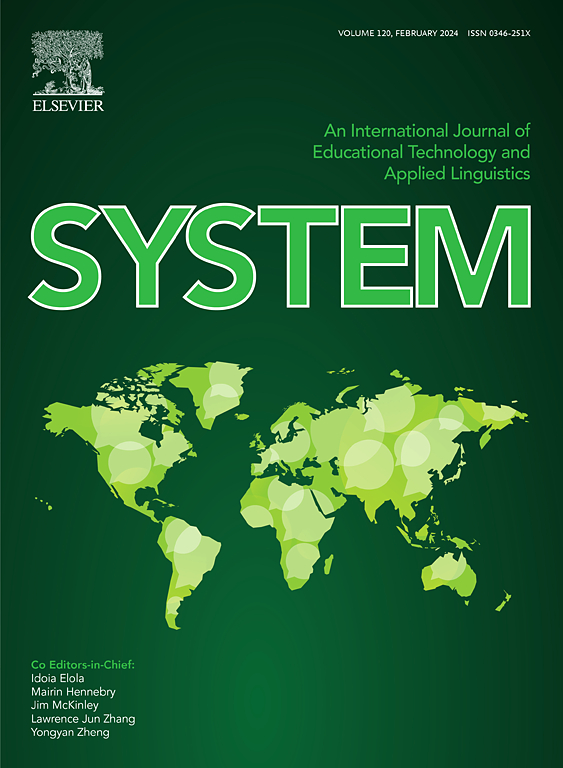Detoxification of coumarins by rumen anaerobic fungi: insights into microbial degradation pathways and agricultural applications
IF 6.5
1区 农林科学
Q1 Agricultural and Biological Sciences
引用次数: 0
Abstract
Coumarins are toxic phytochemicals found in a variety of plants and are known to limit microbial degradation and interfere with nutrient cycling. While the degradation of coumarins by fungi has been studied in an environmental context, little is known about their degradation in the gastrointestinal system of herbivores after ingestion. In this study, we investigated in vitro fermentation by microbial enrichment, transcriptome sequencing, and high-resolution mass spectrometry to evaluate the ability of rumen anaerobic fungi to degrade coumarins. The results showed that despite the low abundance of anaerobic fungi in the rumen microbiota, they were able to effectively degrade coumarins. Specifically, Pecoramyces ruminantium F1 could tolerate coumarin concentrations up to 3 mmol/L and degrade it efficiently via metabolic pathways involving alpha/beta hydrolases and NAD(P)H oxidoreductases within the late growth phase. The fungus metabolized coumarin to less toxic compounds, including o-coumaric acid and melilotic acid, highlighting the detoxification potential of anaerobic fungi. This study is the first to demonstrate the ability of rumen anaerobic fungi to degrade coumarin, providing new insights into the use of anaerobic fungi in sustainable agricultural practices and environmental detoxification strategies.瘤胃厌氧真菌对香豆素的解毒作用:微生物降解途径和农业应用的见解
香豆素是存在于多种植物中的有毒植物化学物质,已知会限制微生物降解并干扰养分循环。虽然人们已经在环境背景下研究了真菌对香豆素的降解,但对香豆素在食草动物胃肠道系统中的降解却知之甚少。在本研究中,我们通过微生物富集、转录组测序和高分辨率质谱法研究了体外发酵,以评估瘤胃厌氧真菌降解香豆素的能力。结果表明,尽管瘤胃微生物群中厌氧真菌的丰度较低,但它们能够有效降解香豆素。具体来说,Pecoramyces ruminantium F1可以耐受高达3毫摩尔/升的香豆素浓度,并在生长后期通过涉及α/β水解酶和NAD(P)H氧化还原酶的代谢途径有效降解香豆素。真菌将香豆素代谢为毒性较低的化合物,包括邻香豆酸和美兰酸,突出了厌氧真菌的解毒潜力。这项研究首次证明了瘤胃厌氧真菌降解香豆素的能力,为在可持续农业实践和环境解毒策略中使用厌氧真菌提供了新的见解。
本文章由计算机程序翻译,如有差异,请以英文原文为准。
求助全文
约1分钟内获得全文
求助全文
来源期刊

Journal of Animal Science and Biotechnology
AGRICULTURE, DAIRY & ANIMAL SCIENCE-
CiteScore
9.90
自引率
2.90%
发文量
822
审稿时长
17 weeks
期刊介绍:
Journal of Animal Science and Biotechnology is an open access, peer-reviewed journal that encompasses all aspects of animal science and biotechnology. That includes domestic animal production, animal genetics and breeding, animal reproduction and physiology, animal nutrition and biochemistry, feed processing technology and bioevaluation, animal biotechnology, and meat science.
 求助内容:
求助内容: 应助结果提醒方式:
应助结果提醒方式:


